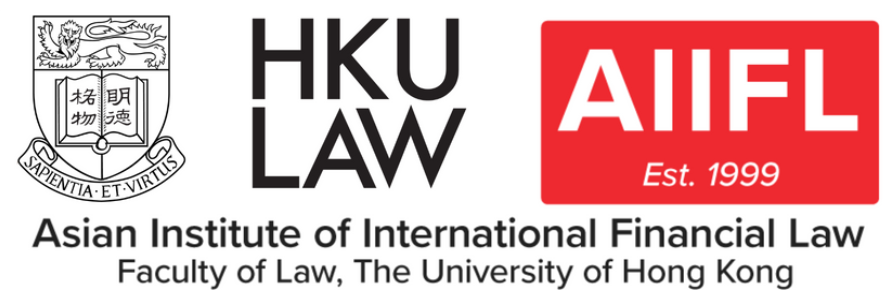The Future of Tax Jurisdiction
Taxation Law Research Programme (TLRP)
The Future of Tax Jurisdiction
22 June 2022
Powerpoint is available HERE
This seminar discusses the future of tax jurisdiction. Tax jurisdiction is a function of state capacity, technology and politics. It reflects changing labour and capital relations and only partly depends on territorial boundaries. Tax concepts of residence and source have changed over time as the capability to tax mobile consumption, labour and capital changes. Governments extend or retract tax jurisdiction over income, entities and activities outside their territory. Tax jurisdiction is changed by cooperation between states, which has grown significantly in the last decade, although states continue to compete in some important respects. The speaker will illustrate the discussion with some examples of the evolution of tax jurisdiction, ranging from individuals as residents, workers, investors or consumers, to corporations subject to the latest global deal for taxation of multinational enterprises around the world.
Miranda Stewart is Professor of Law at the Melbourne Law School, University of Melbourne and is an Honorary Professor and Fellow at the Tax and Transfer Policy Institute at the Crawford School of Public Policy, The Australian National University. Miranda carries out research, advisory and teaching across a wide range of topics on taxation law and policy. Her forthcoming book is Tax and Government in the Twenty-First Century (Cambridge University Press).
Enquiries: Flora Leung at fkleung@hku.hk

